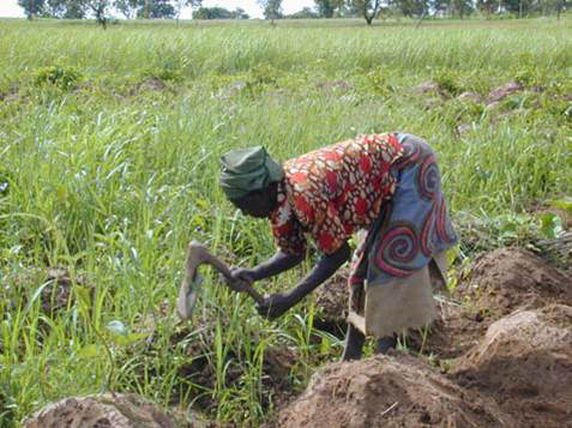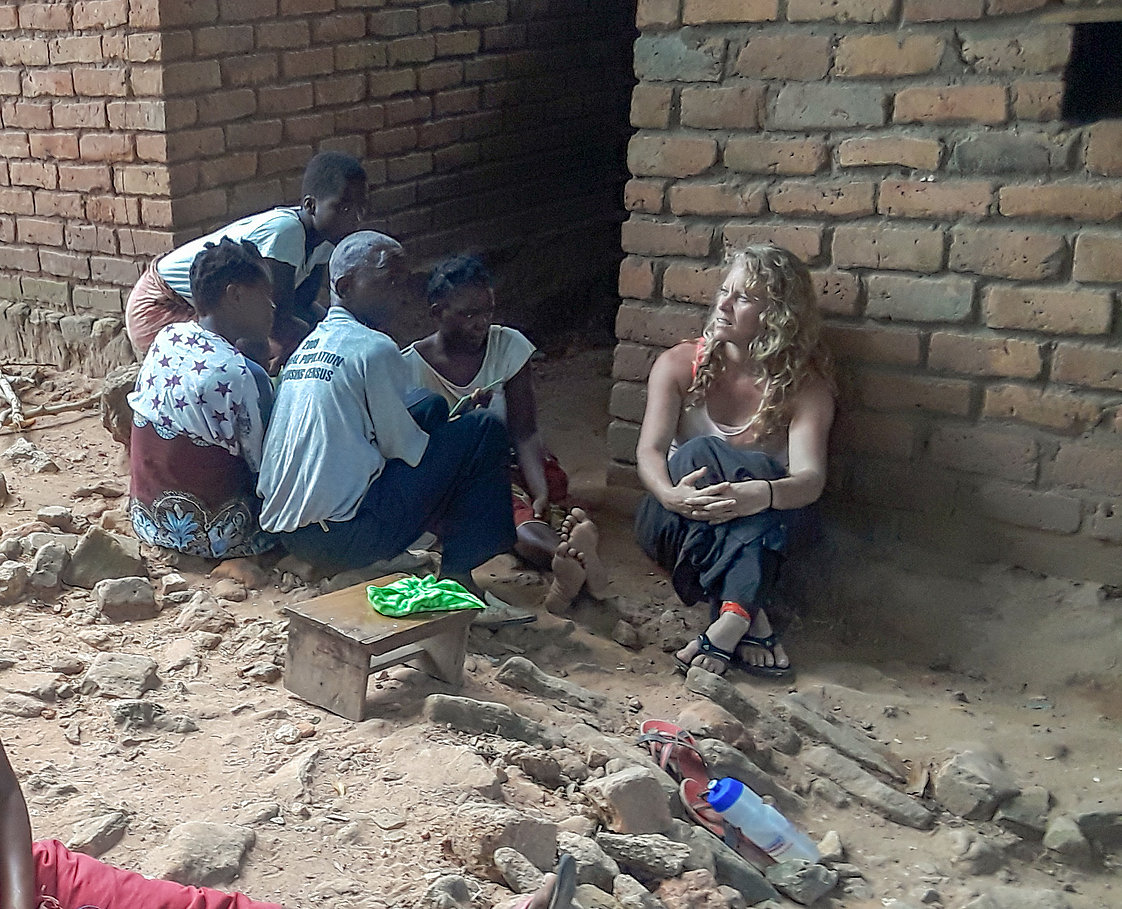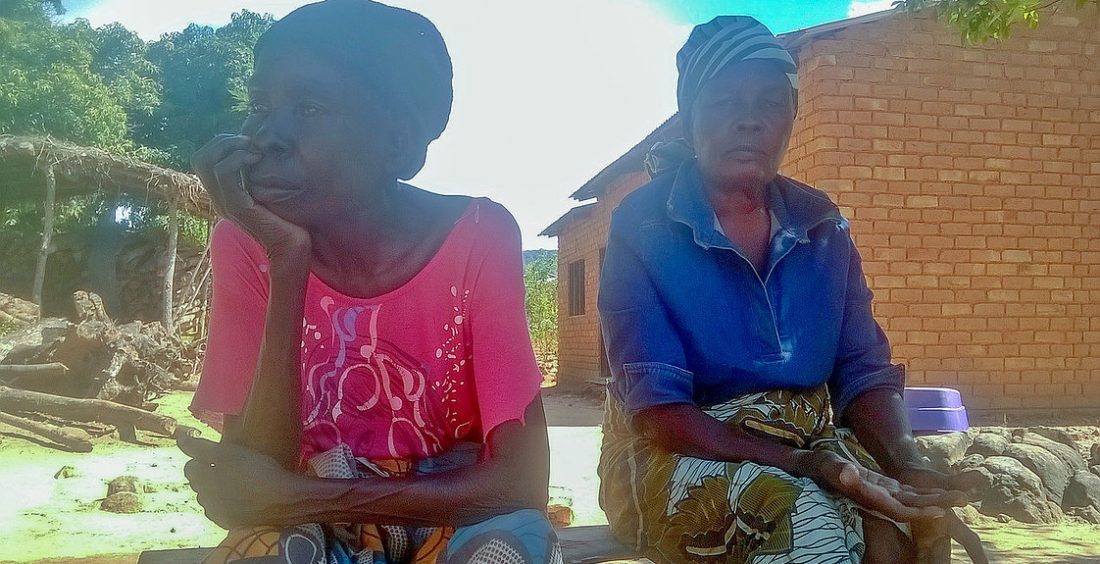“But It’s Our Culture”
As I meet and discuss the options within lifestyle for injury prevention, I continue to hear one phrase; “but it’s our culture.”
What is interesting to me is how blind we become when we are embedded in a culture, an understanding or a concept. We often do not understand where or why it began until there is an alternative presented to you.
What I have witnessed here is that self-image is so important. But within maintaining an image is the need to be alike. I felt I was raised in a way that prides individuality. The pride I was taught regarding self-image was to be my own person. Then I arrive here and acceptance and pride is in being the same. Neither right nor wrong but each has different impacts on a person and a culture.

So, when people ask me, confused, why it’s so difficult for a person here to change from bending to sweep to putting a stick in it to be upright and pain-free, it’s difficult to explain the psychological attachment to the action; why bending is so relevant to value and a strong ‘self-image.’
Often times when we look at development work, we consider physical tasks that need improvement:
- Build a well
- Give medicine
- Supply school books
And the list goes on.
I feel it goes much deeper. First, we must begin to define our value systems. Concepts like respect, consideration, confidence, honestly, integrity.
Just because I use the word ‘respect’ does not mean that two people have the same interpretation. I had to learn the hard way that for many people here to agree is to show respect. In my understanding, this disregards honesty. But if I am ‘the boss’ it is more important for another to agree with me than contradict me. They have given me respect.
How can I tell a person to adjust their movement pattern without understanding what value systems may be attached to that action? It’s not just bending – it’s their value, worth, respect, honor. It’s a decades old concept entrenched deep in the hearts of their culture.

So, we talk about values. We spend time in discussions on personal value and the value of other’s needs. It takes time. It feels tedious. But the heart of change is more than a stick in a broom; it’s a transition in the mind.

